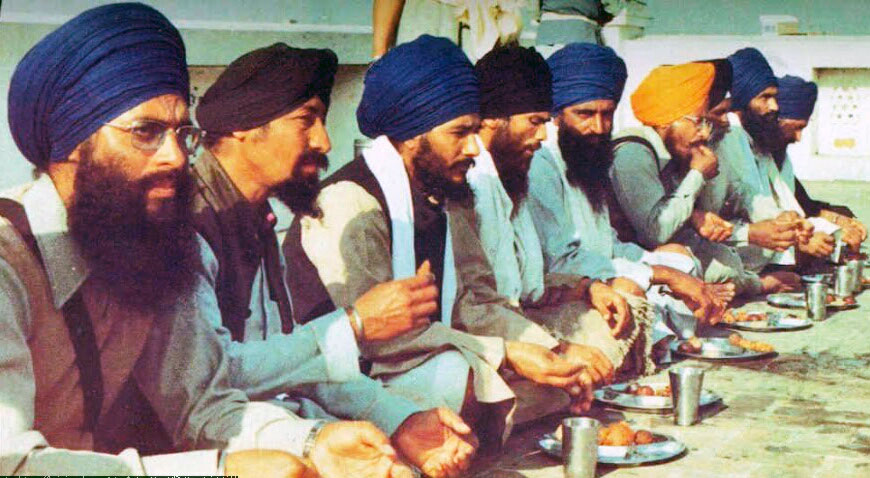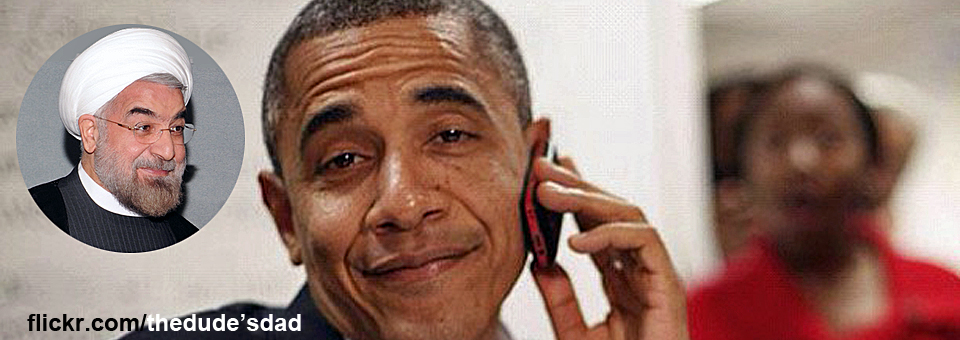I’ve been reflecting over the past week on the relatively new phenomenon that is #langarweek. I understand the need to spread Sikhi, and all efforts to achieve this must be commended, unless of course there appears to be a distortion of Gurmat brought about from an inaccurate depiction of either Gursedant (Guru’s principles) or Guritihaas (Guru’s history). In any such instance we must be allowed to provide a critique of the attempts made by fellow Sikhs, which in turn should be greeted openly to allow further discourse on the topic. After all, we’re in this together.
Guru Nanak’s social activism predates any ‘modern’ post-colonial value system. He challenged the ritualistic and highly superstitious ways of Brahmanism and condemned the intolerance and immoral exertions of the Mughal leaders, both of which when combined, placed immense social as well as economic and political subjugation on the people. It was over three centuries later that the rest of the world caught up with Guru Nanak’s model.
Having discovered the hypocrisy and falsehood that was flowing throughout the world, Guru Nanak set about starting the true path. He established a base at Kartarpur from where he was able to hold Sangat, which was the gathering of people, paying no regard to caste or class. Sangat went hand in hand with Pangat, both of which were shining examples of how the Guru demolished social barriers prevalent between different sets of communities. Pangat provided people with the opportunity to connect with one another and take part in langar. It was a statement from the Guru to bring about social change. The underlying message of langar was to break bread with a fellow human, irrespective of their social, political or economic status in a totally autonomous and self-regulating environment.
Langar was so revolutionary that it took the rest of the world centuries to implement one aspect of it; the world’s first food bank is believed to have been established in the US in 1967, and since then many thousands have been set up all over the world, whilst in Europe the numbers grew rapidly after the global inflation of food prices which began in late 2006. Food banks surfaced due to the economic pressures being placed on people and whilst they seem similar to the institution started by the Guru, the difference is that langar was a social phenomenon with a greater purpose, teaching community adhesion for the most basic of needs. Guru Nanak brought the people justice in terms of the distribution of wealth, opportunities, and privileges within a society. Today’s campaigns market langar as “free food”, however it is anything but free; it was in fact an act of resistance to the powers that sought to control people and their food supply. The Guru showed how a self-dependent community could feed themselves when working together, to grow their own sustenance and share it amongst the community.
Imagine if we stopped buying food from money hungry corporations and instead worked together in small communities to grow, prepare, cook and share a meal together. Well that’s Guru ka langar, established on principles of compassion, equality and humility; all driven by the love for humanity, without any interference from a third party. Let us remember we are not merely a community here to clean up the mess left by Governments that have failed the people; Sikhs are a Nation here to establish ‘Degh Tegh Fateh’. The Guru’s Niyara Panth requires that wherever there is Degh there must also be efforts to establish Tegh. It would seem all of our efforts today focus on spreading Degh, and even that is a diluted version. No one wants to talk about the root cause because that requires us to raise the Tegh.
If one feels compelled to fix the shambolic state of affairs created by a Government hell bent on austerity, where the poor and vulnerable suffer yet banks are bailed out and super rich given tax havens, at the very least we should be telling the people what langar actually is. We should be honest enough to state it was a social remedy of the Guru’s rule, and then be honest about the need for political freedom where Sikhs can implement such institutions for everyone, without interference from corporate and private entities. That is what Guru Nanak established at Kartarpur for subsequent Gurus to then grow and develop into physical institutions where this unique philosophy could flourish. Yet some have taken one aspect and repackaged it into “free meals”, even taking it out of the Gurdwara. There is no difference between the type of service being marketed and any other food bank, or any other charitable organisation handing out free meals. Working hard and acts of altruism are traits of any good person, but they alone do not define a Sikh. In the House of Guru Nanak there is a clearly defined code of conduct, which allows one to personify the very essence of Sikh ideology and philosophy as laid down by the Gurus themselves. As I said, #langarweek is very commendable, but it’s not langar.





